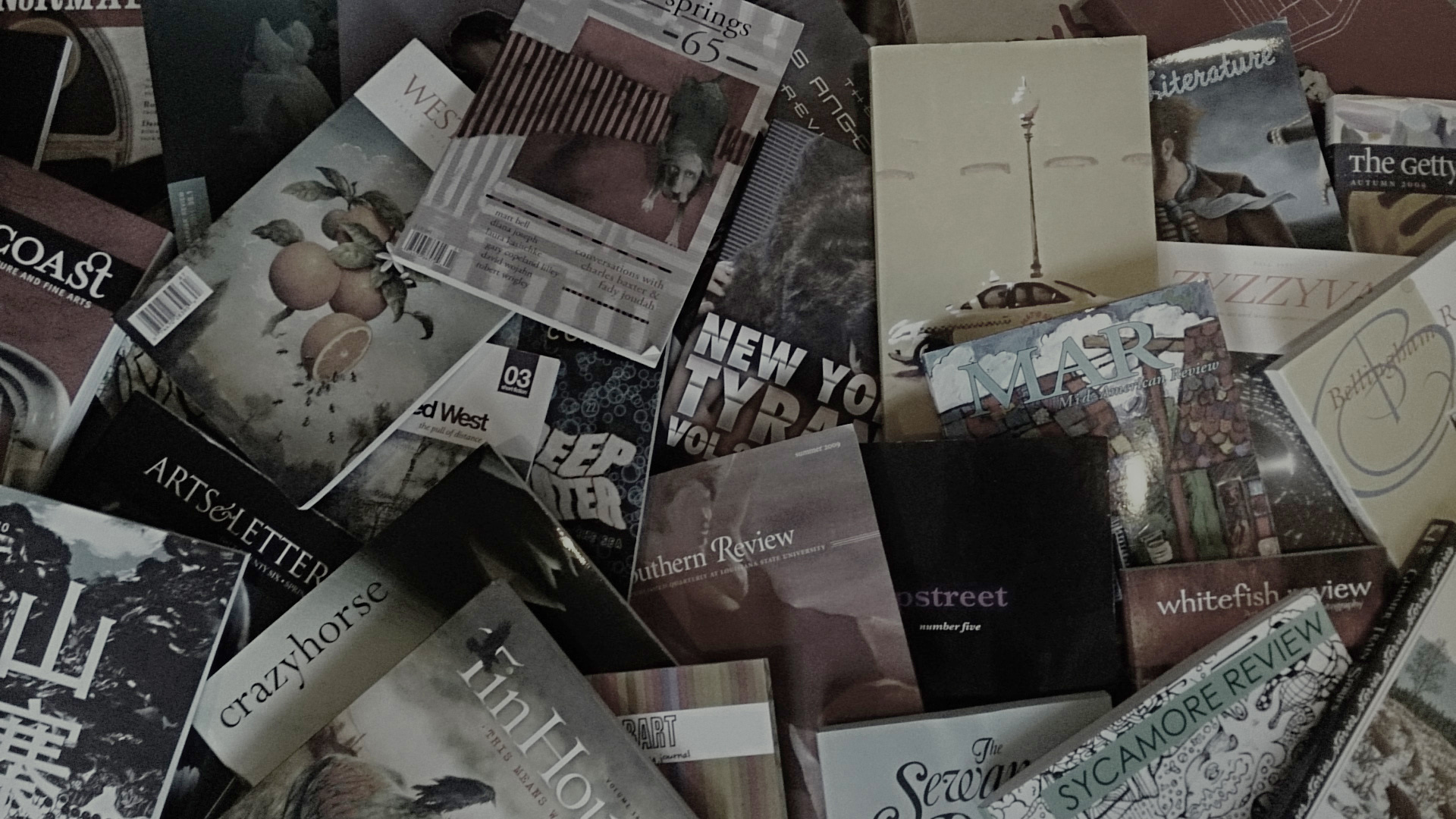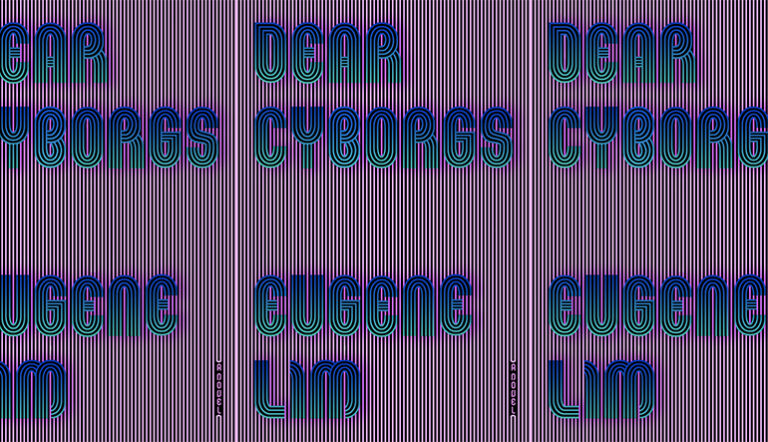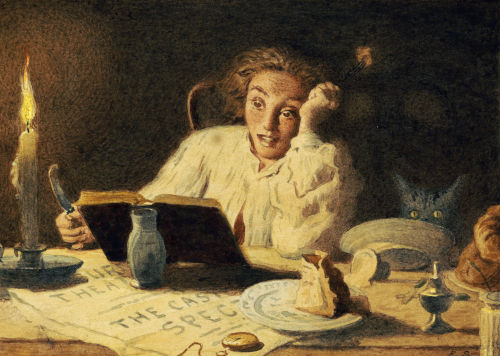The Best Short Story I Read in a Lit Mag This Week: “In Which Godzilla Questions Where His Life Is Going” by Josiah Meints

Godzilla has been a mainstay in popular culture since the 1950s, when he was conceived as a metaphor for the nuclear age and the new level of mass destruction introduced. Josiah Meints, in the story “In Which Godzilla Questions Where His Life Is Going” (The Collapsar) reimagines the famous monster suffering from the ills of our present day.
Meints begins with a scene in which a husband and wife are arguing while drinking martinis on their downtown porch. The wife complains that the husband’s consumeristic need to have things, only to never actually enjoy them.
“When do I do that?” he said.
“With the car, the kids, even with this balcony. This is the first time you’ve sat out here since we bought the apartment.”
He slumped back in the chair and put his hands behind his head. She was right. They’d had the place for six months already.
“Heck of a day for me to finally enjoy it,” he said. “I still think we should at least try to evacuate.”
She sipped her martini and glared at him.He needed a break.
Notice how the couple treats the disaster-in-progress down the street with the same seriousness that they treat their marital bickering. We find a similar sort of uncomfortable absurdity in the author’s reimagining of Godzilla.
“Not far from the balcony, a giant lizard was slowly clawing his way into a large building and eating the people he found inside.
The monster was disappointed with how his annihilation of the city was going.
Sure, there were plenty of people to chew on, cars to smash or throw into news choppers, but something was missing and he couldn’t quite put his claw on what it was…”
Far be it from mass destruction to interrupt Godzilla’s identity crisis. This jaded malaise striking both the couple and Godzilla is evidence of a worldview in which the personal and provincial is seen as more important than the global and, well, grave.
Meints follows the classic dual plot technique where the protagonist of each thread gets closer and closer to the other until they finally meet at the climax. But his characterization of Godzilla in particular is far from classic, which is critical, as using Godzilla as a character is cliché. But by rescuing the monster from its boilerplate existence, Godzilla becomes all the more likeable and compelling, as one who’s misunderstood all these years.
Meints reveals that the husband is cheating on his wife, and she probably knows it. They’re approaching a breaking point. It also becomes clear that Godzilla has been struggling for a while with how meaningless his existences has become, and is nearing a crisis as well.
“When he’d first gotten bored of attacking cities, he started attacking ironically, beginning his assaults by setting fire stations on fire or destroying construction companies. But now even that wasn’t amusing.”
Finally, the husband and monster come face-to face. Godzilla tries everything he can to scare the husband—who’s standing nonchalantly on the balcony—but nothing can break through his drunken malaise. I read this as the climax of the husband’s thread; he’s so jaded that he can’t even summon fear at a monster staring him in the face. Instead, he raises his glass to the monster and walks inside.
This action strikes the monster as revelatory.
“He wanted to talk to the man, to pick him up and hold him next to his face, to take the man away with him to his island, to tell the man what his life was like. But before he could fish the man out of his apartment, an errant missile struck the man’s building and atomized it. The monster roared and frantically searched the rubble for the man. Maybe he was okay, maybe he’d been inside an elevator or bathtub and had survived the blast and the collapse. He wouldn’t stop looking until he rescued the man.”
As I’ve been reading short stories for this column over the last year, I’ve been surprised to see how many of them explore the search for genuine human connection in the midst of the seemingly inescapable daily chaos and tragedy of the wider world. Meints’s Godzilla gives up being a monster once it experiences true human connection—which begs and important question, I think. How had Godzilla’s life—and those destroyed by it—been different had that connection been there all along?


